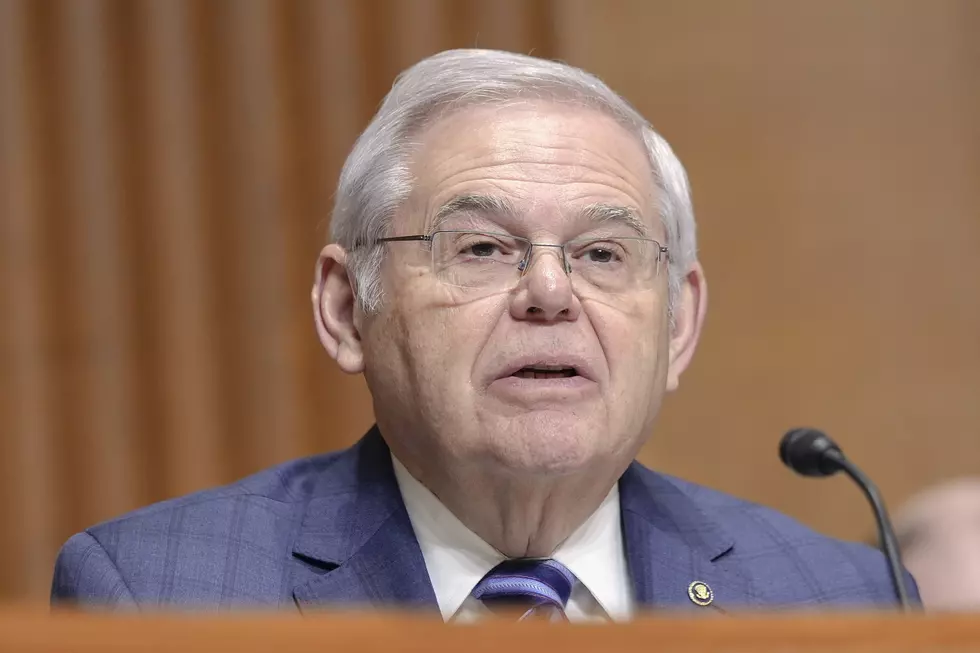
Facebook Unveils Mobile-Friendly Features
Mark Zuckerberg, like Facebook, is maturing. The soon-to-be 30-year-old CEO of the 10-year-old social networking company grew reflective as he stood in front of hundreds of developers to announce a host of mobile features designed to put "people first."
"We used to have this famous mantra, `move fast and break things," Zuckerberg said at Facebook's f8 developer conference in San Francisco.
But moving quickly was sometimes so important that Facebook's engineers would tolerate a few bugs, or push out products that were not always fully baked. Fixing the bugs, Zuckerberg said, "was slowing us down." Backpedaling on features that didn't work -or that users didn't like- slowed things, too, though Zuckerberg did not mention that.
Facebook's new mantra may not be as sexy. Zuckerberg pointed to a new sign that read "Move fast with stable infra," as in infrastructure, and the audience laughed.
The last time Facebook held a developer conference was in 2011. That was before the company went public in 2012, before it began showing mobile advertisements and before it paid eye-popping amounts of money to acquire small, popular apps like Instagram and WhatsApp.
In the tech world, three years can be a lifetime. Facebook's focus is now squarely on the mobile world, not just its own applications but those built by outside developers.
As part of its mobile, people-first focus, Facebook says it will let users log in to apps anonymously, without sharing their identities and personal information with mobile applications they don't trust.
Facebook's 1.28 billion users can already use a "log in with Facebook" button to sign up for apps that let them listen to music, play games, read the news and monitor fitness activities. But using the button allows apps to access information related to the Facebook user's identity.
With the anonymous login, Facebook will have information about users but the apps won't. Facebook says the feature will let more people to try out new apps.
The company is also launching more granular controls that let people determine the types of information they share with apps when they want to use their Facebook identity to log in.
Facebook also took the wraps off its long-awaited mobile advertising network, called "Audience Network," which allows it to serve ads to outside mobile applications, not just its own. This will increase its competition with Google, which currently dominates the mobile advertising market.
More From New Jersey 101.5 FM









